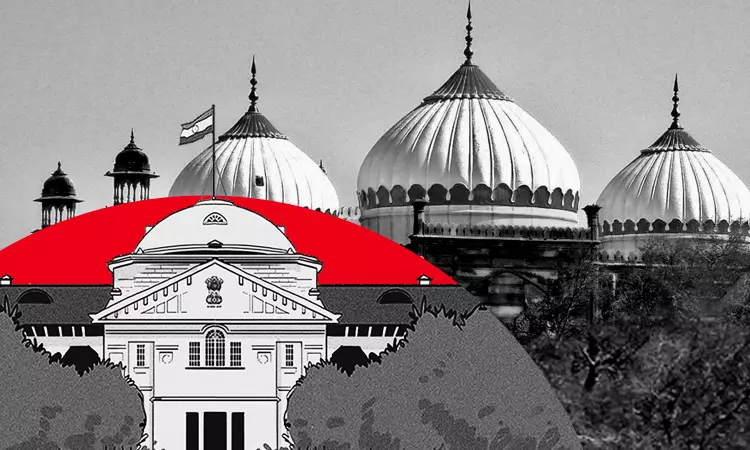Krishna Janmabhumi-Shahi Idgah Dispute | Constitutionality Of 'Places Of Worship Act' Can't Be Challenged In A Civil Suit: Masjid Committee In Allahabad HC
Sparsh Upadhyay
1 March 2024 11:09 AM IST

Next Story
1 March 2024 11:09 AM IST
The Committee of Management Trust Shahi Masjid Idgah (Mathura) on Thursday argued before the Allahabad High Court that in the civil suits pending before the HC, inter alia seeking the removal of the Shahi Idgah mosque from the 13.37-acre complex which it shares with the Katra Keshav Dev temple in Mathura, the Constitutionality of the Places of Worship Act can not be challenged.In its...
